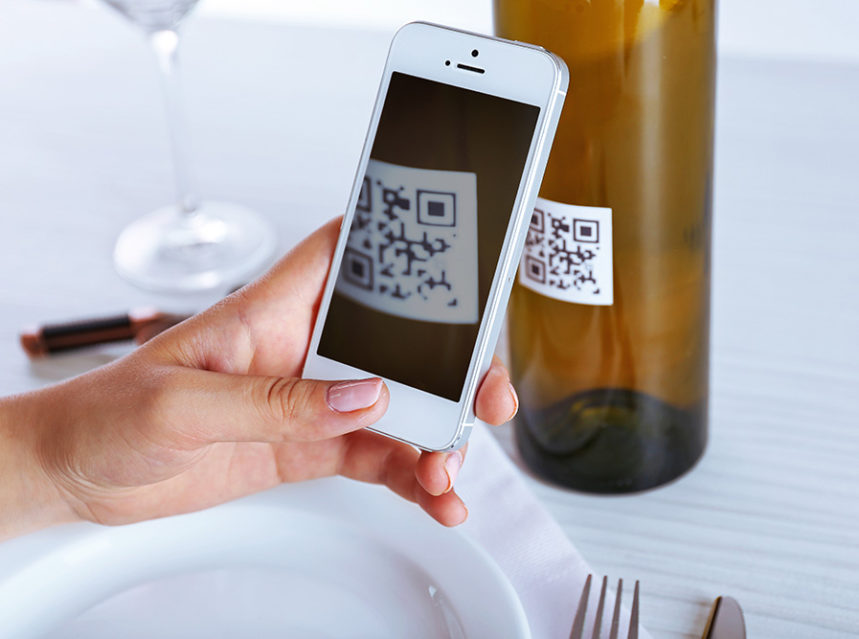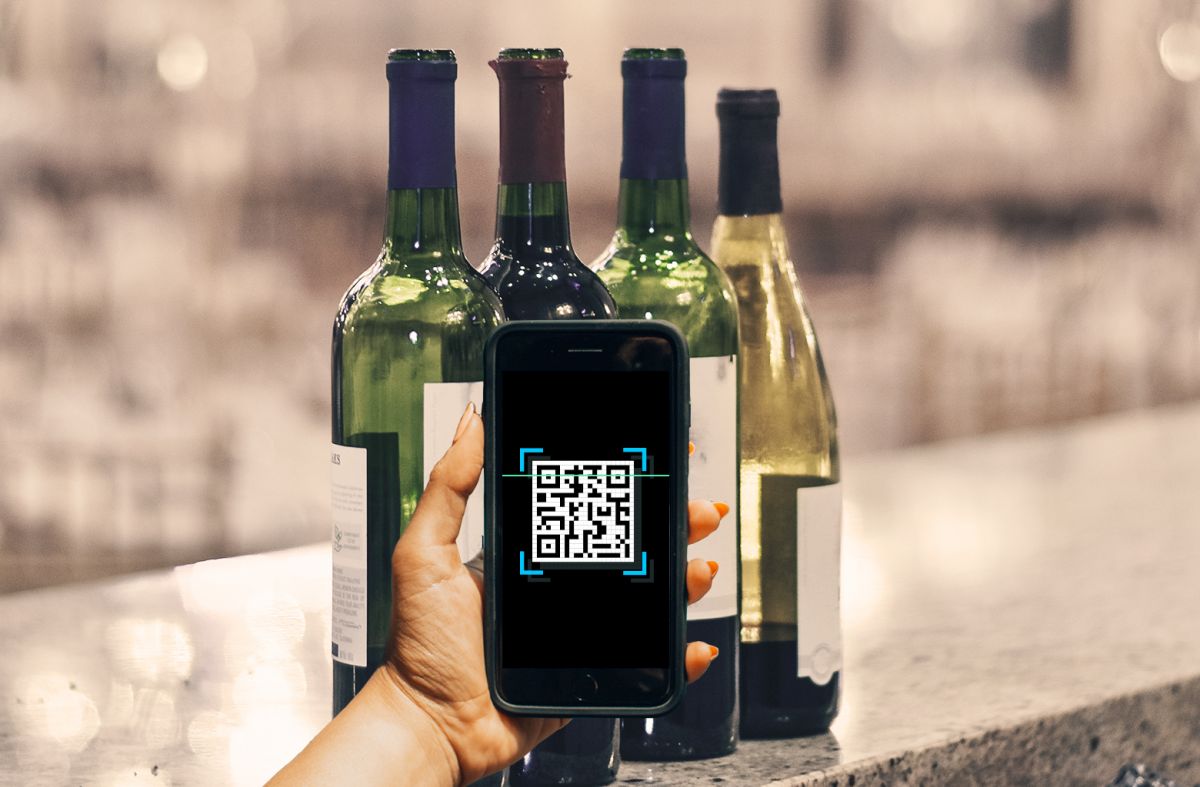Wine counterfeiting has plagued the industry for decades, with fraudulent bottles comprising nearly 20% of all wines distributed globally. This epidemic particularly affects luxury wines, where counterfeiters exploit high profit margins by replicating expensive vintages with cheap alternatives. Traditional authentication methods relying on paper certificates and physical stamps have proven inadequate against sophisticated fraudsters who can easily replicate conventional signatures and documentation. However, blockchain technology is emerging as a game-changing solution, offering unprecedented security and transparency in wine authentication. By creating immutable digital records and enabling real-time verification, blockchain systems are revolutionizing how the wine industry combats counterfeiting, protects brand integrity, and restores consumer confidence in premium wine purchases.
The Scale of Wine Fraud Crisis
The wine industry faces a staggering counterfeiting problem that costs billions in lost revenue annually. Analysts have revealed that approximately 20% of wines in global circulation are considered fake, with fraudsters manufacturing cheap wine and replicating the structure and design of fine wines to deceive consumers. This crisis particularly impacts luxury wine segments, where counterfeit bottles can sell for thousands of dollars, causing significant financial losses to both producers and consumers.
European wine-producing countries like Spain, France, and Italy, which account for around half of the world’s wine production, are especially vulnerable to this threat. Even smaller producers face challenges, as demonstrated by Montenegro’s Plantaže vineyard, which has discovered counterfeit versions of their wines across multiple countries, including Albania, Kosovo, Russia, and Serbia.
Blockchain Technology: The Digital Shield
Blockchain technology provides a transparent and immutable ledger system that creates digital identities for wine bottles, making counterfeiting virtually impossible without sophisticated hacking attempts. Companies like Everledger have partnered with IBM to develop blockchain networks capable of embedding around 90 data points for each bottle, creating comprehensive digital fingerprints that track wines from vineyard to consumer.
The technology works by registering wine information in a permissioned, permanent, and shared record system that connects all supply chain members. This creates what experts call a “digital identity and chain of custody” for each bottle, ensuring authenticity throughout the distribution process.
Innovative Authentication Solutions

Several pioneering companies have developed sophisticated blockchain-based authentication systems. iDealwine launched WineDx.io, which combines blockchain technology with RFID tags to create tamper-proof authentication certificates. These inviolable RFID tags permanently link physical bottles to blockchain-stored information, with chips that self-destruct if removed, preventing transfer to counterfeit bottles.
Identiv has introduced NFC-based anti-counterfeiting smart packaging that combines secure NFC technology with blockchain-based digital identity verification. This system successfully authenticated rare vintages at Swiss wine auctions, including bottles priced over 20,000 Swiss Francs, even detecting counterfeit products during testing.
Supply Chain Transparency and Traceability
Blockchain enhances wine traceability by recording every step of a wine’s journey on a decentralized ledger. Producers can share detailed information about vintage notes, harvest details, distribution channels, handling procedures, and storage conditions with consumers. This transparency allows wineries to demonstrate their commitment to quality while providing consumers with unprecedented confidence in their purchases.
The EU-funded TRACEWINDU project exemplifies this approach, creating smart blockchain-based solutions combined with chemical analysis to ensure full traceability from vineyard to table. By scanning QR codes on labels, consumers can verify all unique details, including origin, composition, fermentation, bottling, and distribution information.
Future Implications and Market Impact
Blockchain technology’s impact extends beyond fraud prevention to include applications in insurance, inheritance, and investment sectors. As consumer demand for transparency increases, blockchain systems position wine producers to meet market expectations while protecting brand value and reputation.
The technology’s adoption by major producers like Chateau Ste. Michelle demonstrates growing industry confidence in blockchain solutions for ensuring wines reach consumers in optimal condition. This technological revolution promises to restore trust in premium wine markets while creating new opportunities for digital wine trading and authentication services.


